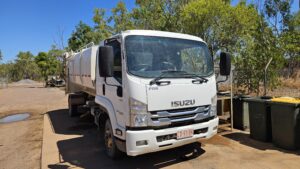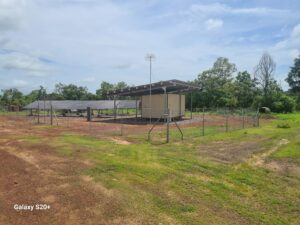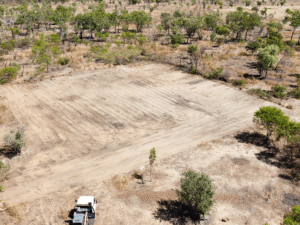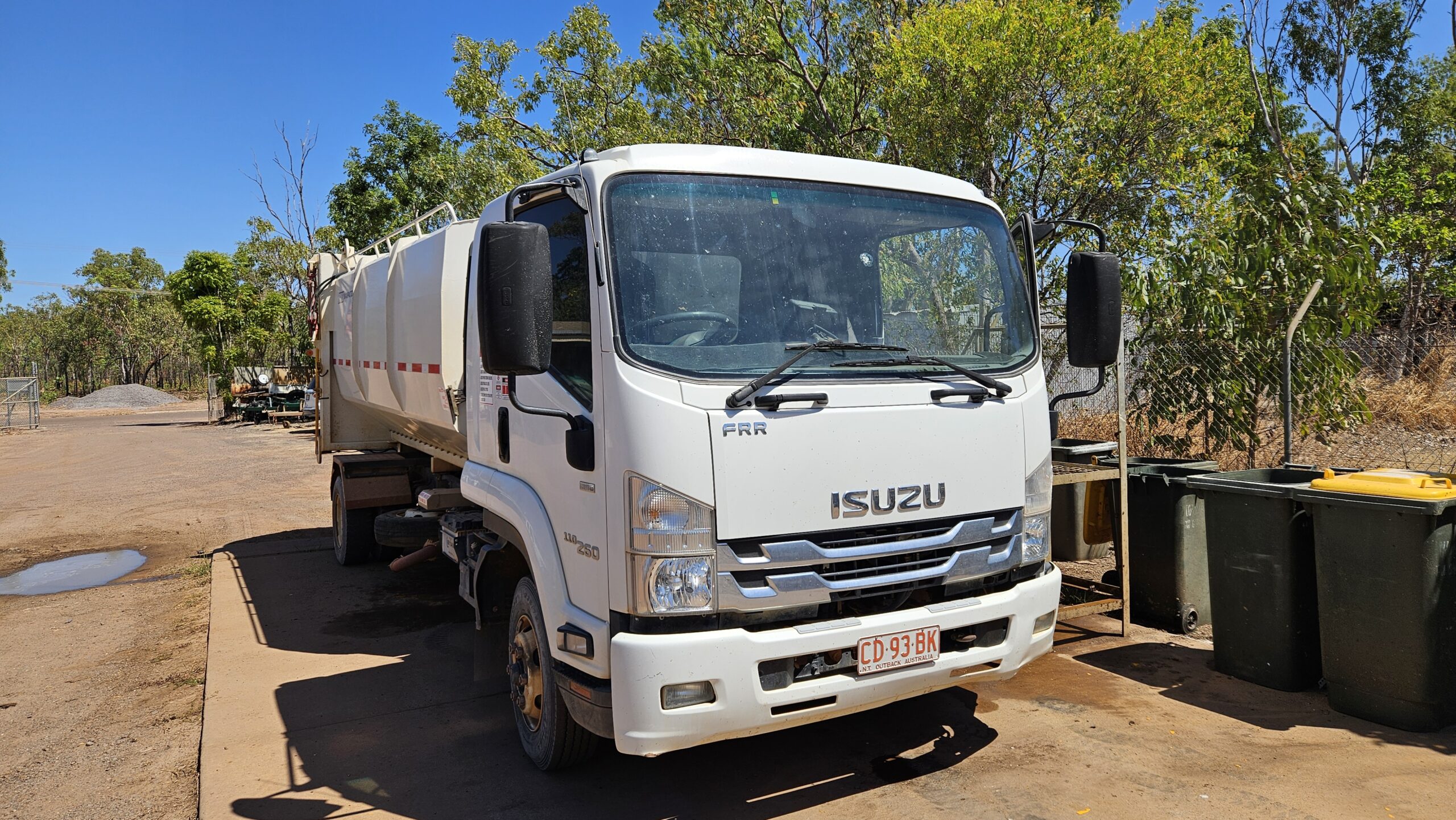When we think of essential services that keep our communities functioning, we often think of healthcare, education, or policing. Yet, one of the most vital—often overlooked—services is refuse collection. Without it, our streets would be lined with waste, public health would be at risk, and the environment would quickly deteriorate.
In both urban neighbourhoods and remote homelands, refuse collection plays a critical role in ensuring cleanliness, health, and environmental sustainability. Let’s explore why this service is so important and why investing in reliable, equitable waste management matters more than ever.
Why Refuse Collection Services Matter
- Public Health Protection
Accumulated waste is a breeding ground for bacteria, pests, and diseases. Effective waste collection and disposal prevent outbreaks of illnesses like cholera, typhoid, and foodborne diseases, especially in densely populated areas. - Environmental Sustainability
Proper waste management prevents litter from ending up in rivers, oceans, and forests. This protects ecosystems, wildlife, and water sources, and reduces pollution and greenhouse gas emissions from unmanaged waste. - Community Pride and Aesthetics
Clean streets and public spaces uplift the image of any community. People are more likely to care for and invest in a well-maintained environment, leading to stronger community cohesion and pride.
Challenges and Importance in Remote Area Homelands
While refuse collection is often taken for granted in urban areas, remote homelands and rural communities face unique challenges:
- Geographical Barriers
Distance, poor road conditions, and sparse populations make regular refuse collection logistically difficult and expensive. Some communities may be completely cut off during rainy seasons or natural disasters. - Limited Infrastructure
Many remote areas lack proper landfills, recycling facilities, or waste separation systems. Often, open dumping or burning of waste is the only option, with harmful consequences for both health and the environment. - Lack of Awareness and Resources
In some homelands, limited access to information and funding can hinder community-led or government-supported waste initiatives. Education on waste segregation and recycling is also often lacking.
Despite these challenges, refuse collection in remote areas is just as important—if not more so—than in urban centres. Vulnerable populations, including children and the elderly, are at greater risk when waste is not managed properly. In these areas, investing in tailored, community-based solutions can make a transformative difference.
Building a Better System: What Needs to Happen
- Government Support & Investment
Public funding and policy must prioritize refuse collection in remote and underserved areas. This includes developing infrastructure and subsidizing service costs for low-income communities. - Community Participation
Education and engagement are key. Locally-led programs that encourage sorting, composting, and waste reduction can help communities take control of their own waste. - Innovation in Waste Management
Solar-powered compactors, mobile collection units, and decentralized composting are just some of the innovations that could make remote waste management more efficient. - Public-Private Partnerships
Collaboration between governments, NGOs, and businesses can bring resources and expertise to help scale refuse collection services across all regions.
Conclusion
Refuse collection is not just about picking up trash—it’s about dignity, safety, and quality of life. Whether in bustling cities or isolated homelands, every community deserves access to clean, healthy environments. By recognizing the importance of this service and ensuring its reach extends to even the most remote areas, we can build a more equitable and sustainable future for all.




